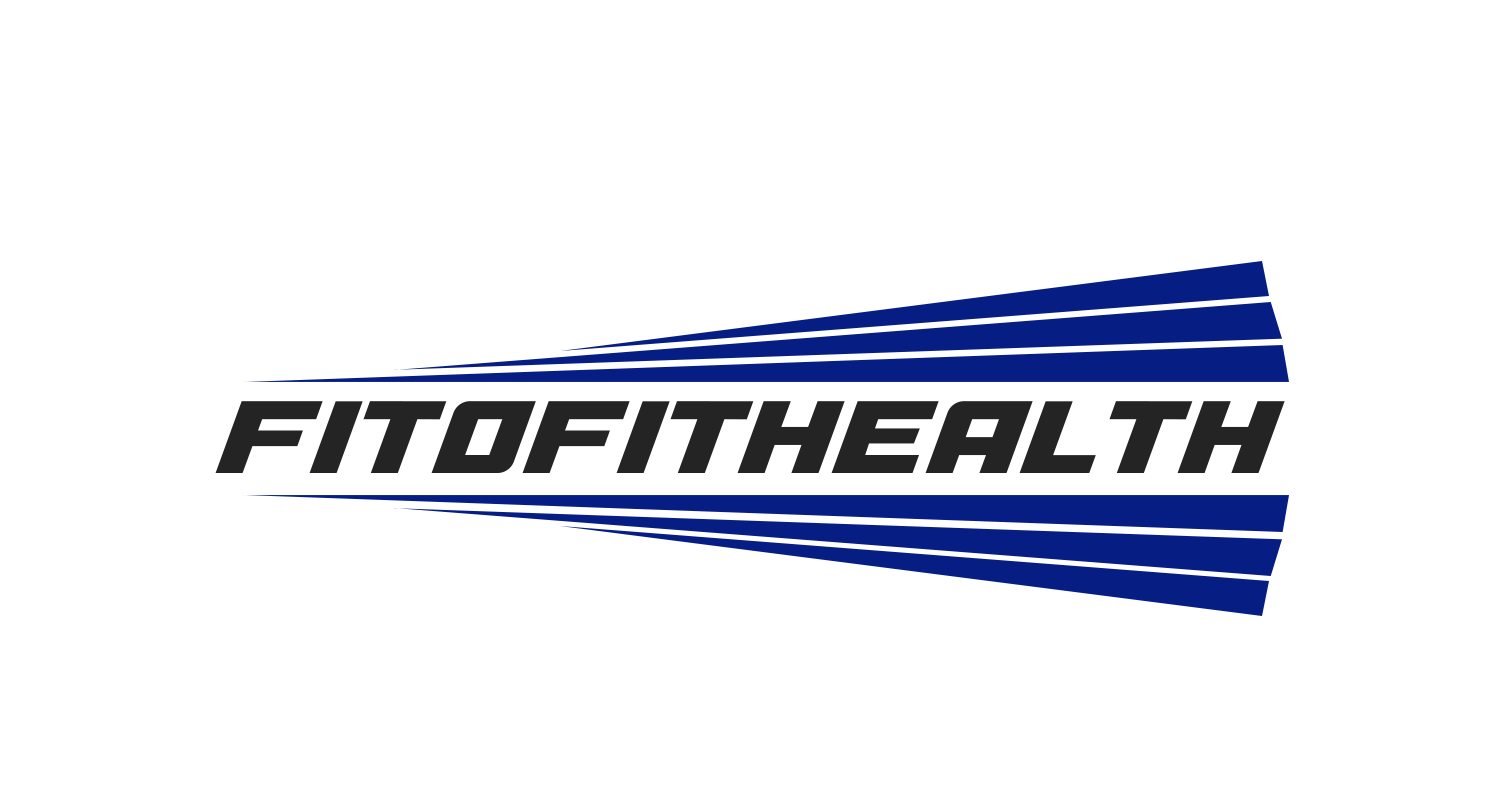As we plunge further into the digital age, the infusion of technology into healthcare sectors is now manifesting in the form of mental health EMR—Electronic Medical Records. This innovation has quickly garnered attention in the mental health field, revealing itself as an indispensable tool for high-quality patient care and streamlined workflow.
Why Choose Mental Health EMR?
Mental health EMR has evolved to provide a more systematic and accurate way of recording patient history, improving communication within the healthcare team, and safeguarding essential data. While traditional paper records pose risks of data loss and distorted information, the replacement by digitized records promises enhanced accuracy and accessibility.
In-Depth Patient Tracking and Improved Communication
One of the most prominent features of a mental health EMR is the comprehensive tracking it enables. Mental health practitioners can efficiently monitor their patient’s progress over time, allowing for a more tailored and effective treatment plan. Additionally, instant access to these records assists clinicians in making rapid, well-informed decisions, particularly in emergencies.
But the benefits aren’t confined to the practitioners’ table. Patients, too, are often granted access to their records, fostering transparency and encouraging active involvement in their care journey.
Enhanced Data Security
In an era inflicted with threats to data privacy, mental health EMR proffers an antidote. With layers of security measures, including login codes, data encryption, and complete user audits, these systems offer secure storage and transmission of sensitive information. Thus, confidences shared in therapy rooms remain confined there and nowhere else!
Streamlined Workflow for Better Efficiency
With easily accessible and editable documentation, mental health EMR paves the way for a smoother workflow, ensuring a better allocation of time and resources. This system also diminishes mundane administrative tasks and paperwork. Less time chasing paper records means more time caring for patients, advancing the overall efficiency of operations.
Improved Reporting and Compliance
Mental health EMR simplifies reporting to funding sources, government agencies, and insurers. Through smart structuring and templating, they enable effortless compliance with the myriad regulations and requirements that mental health providers often grapple with.
In conclusion, mental health EMR is a dynamic fusion of technology that caters to the essential needs of mental health practitioners. From accurate patient tracking to robust data security, streamlined workflow, and simplified reporting — this system ticks all the right boxes. Therefore, equipping practices with mental health EMR might be the revolutionary move needed to markedly improve our mental healthcare scenario.
FAQ Section
- Is training needed to use mental health EMR?
While these systems are designed to be user-friendly, customized training could be beneficial to maximally leverage their features. - Can the use of mental health EMRs reduce costs in the long run?
Indeed! Decreasing paper usage, improving efficiency, and eliminating storage expenses stand to significantly reduce overall costs. - What about the privacy and confidentiality of patients?
Rest assured, with advanced security measures in place, mental health EMR effectively safeguards sensitive patient information.
At the end of the day, the adoption of mental health EMR provides an opportunity to overhaul traditional practices, paving the way for better patient care and operational efficiency. It signifies a step forward into the future for mental healthcare, a future that promises improved overall well-being for everyone involved.


